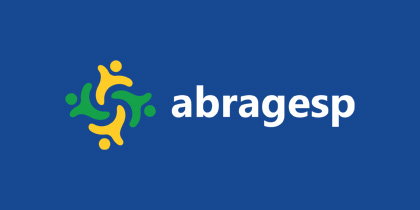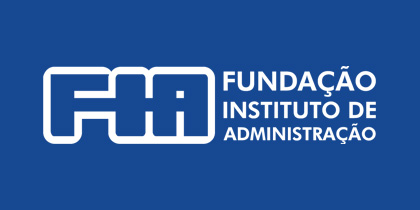Português
Keywords:
Crisis management, Communication, Social media, Reputation, SupportersAbstract
The objective of the research is to verify and interpret the communication strategies of Sporting Clube de Portugal (Sporting or Club) through social media to repair its reputation with the supporters during the organisational crisis in the aftermath of the invasion of Academia de Alcochete. It was selected Facebook as the most relevant social media for the purposes of reputation repair. Based on Situational Crisis Communication Theory (SCCT), a group of 19 publications on the Club's Facebook and a sample of 1.206 comments were analysed, reaching the conclusion that 1.105 comments were valid for the purpose of the research. Such comments were classified into favourable or unfavourable in Spectator-based Sports Team Reputation's dimensions. Furthermore, it was considered the overall impacts and the effects of reputational buffers, as well as the crisis antecedents and its development were analysed. The crisis antecedent’s analysis revealed a preventable crisis, an existing crisis history and an unfavourable prior reputation. It is mentioned that the crisis was considered preventable as it arose due to human errors (failure of the security staff), and that the crisis history and the prior reputation were analysed based on the hiatus of achievements and on the belligerent atmosphere the Club was involved before the crisis outbreak. Sporting utilised predominantly basic responses – instructing and adjusting information – in the communication to the supporters through Facebook, apart from utilising all communication postures, which conflicts with SCCT, but it is supported by some researchers. It is important to note that all reputation dimensions were negatively affected – besides social responsibility, which did not have any mention – with emphasis on management quality. It should be mentioned that the importance of each reputation dimension detected in this research revealed considerable alignment with the predictors of SSTR, with management quality, team performance and financial soundness considered the most important reputation dimensions when analysing the crisis at Sporting. Regarding the reputational buffers, it is considered that they assisted in protecting reputation due to the fact that the comments were mostly favourable, demonstrating the importance of the identification and supporters’ community bonds, as well as the emotional monopoly that football clubs exert over their supporters in protecting the reputation of a sports organisation. Finally, the role of social media is recognised as an opportunity as it simplifies direct communication with supporters and conveying of organization's point of view about the facts, although it is also a risk as it facilitates rumour spread and organisation decisions contestation.







